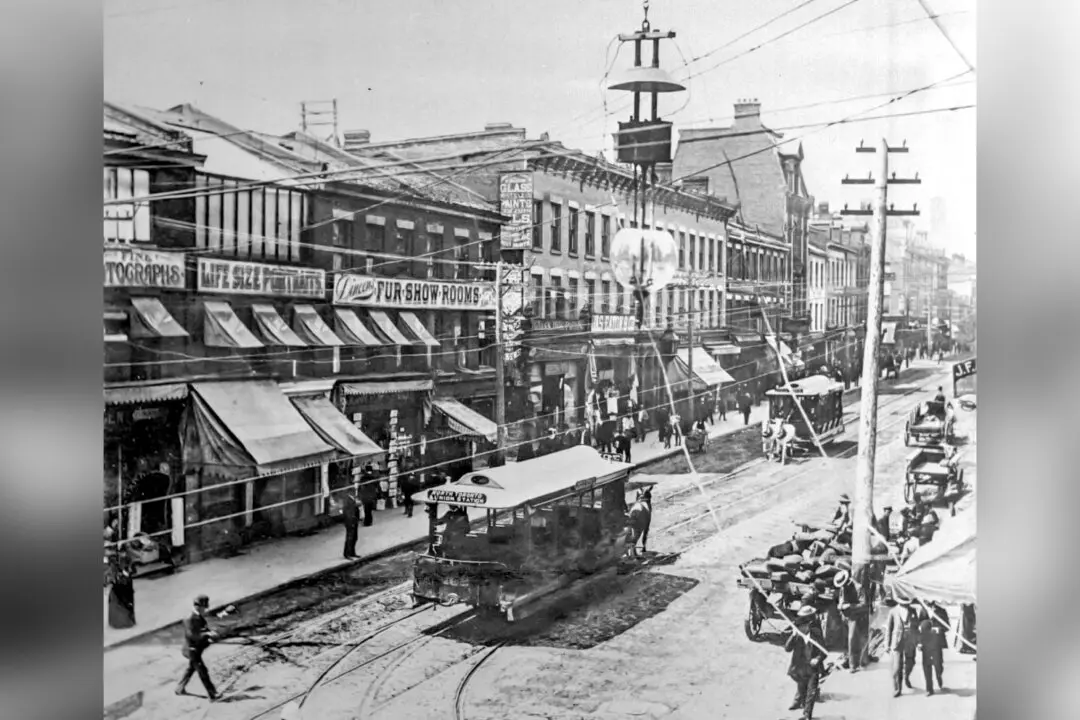Commentary
Revolutionaries often don’t know when to stop. In France of the 1790s, radicals, not content with creating a constitutional monarchy, abolishing feudalism, and establishing a bill of rights, attempted to create a whole new kind of human—utterly rational, uprooted from old loyalties and places, fitted to be a citizen of a new kind of nation.





